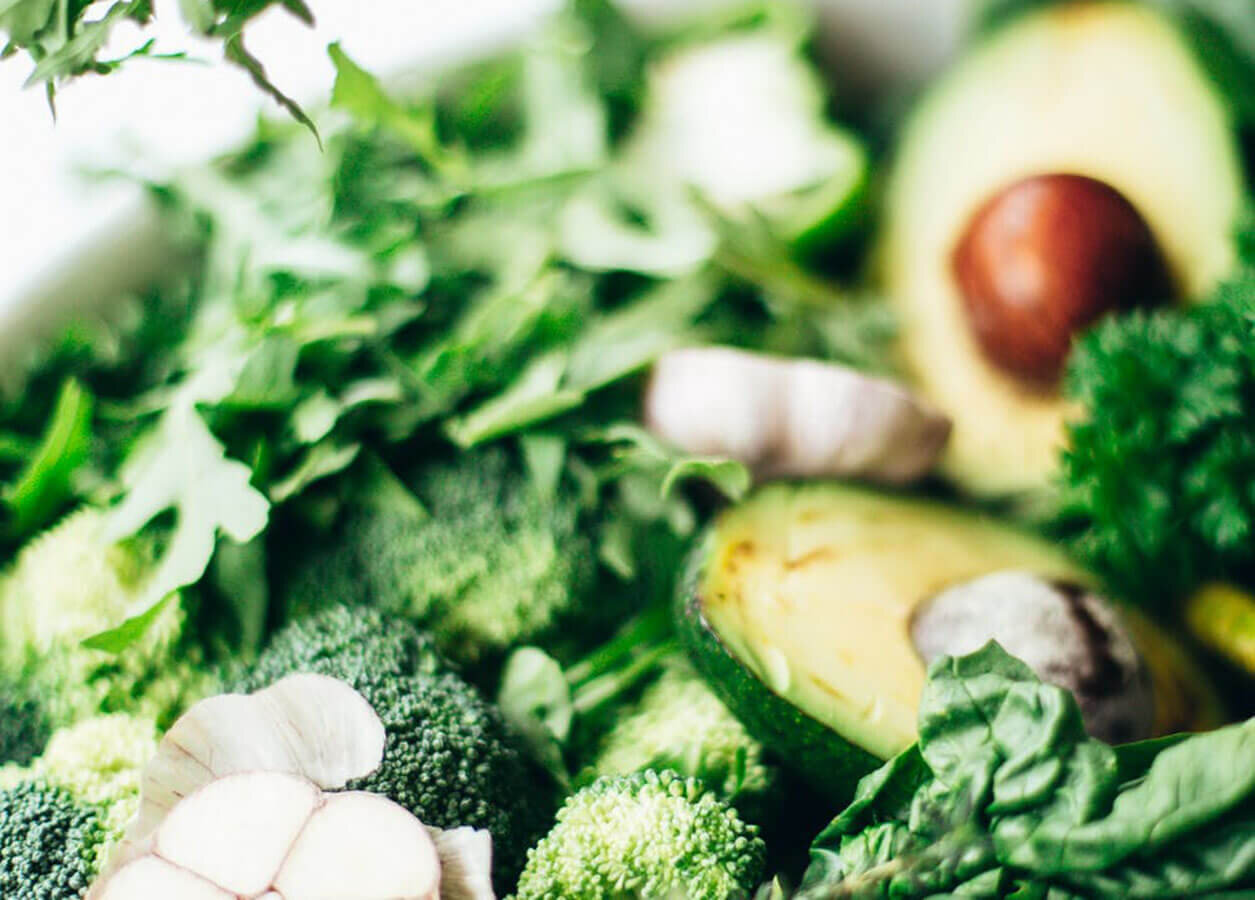What is the ketogenic diet?
But before I get into that (and why), let me explain what the ketogenic diet, or “keto,” is.
The ketogenic diet is a diet that’s very high in fat (like 80% of your daily calories are fat), very low carb (like 5%) with moderate-to-low protein (like 15%). The idea (and reason it’s called “ketogenic”) is because the body, when restricted nearly completely of carbs, will shift into burning an alternative energy source called “ketones.” It’s like a flex fuel car.
What do ketones do?
So, ketones, which are sometimes called “ketone bodies,” are just tiny parts of fats that are broken down differently than normal (into 2 carbon molecules), and instead, they’re broken down into 3 carbon compounds called “ketones.”
INTERESTINGLY, (for a nutrition nerd), ketones can be burned by the body and the BRAIN - even though I was told in conventional nutrition school that our brains only run on glucose). The body is able to burn fats more easily that we have in reserve. Think stored fats… like in our bellies, butts, and thighs. I like to call this “fat burning mode.” So, our bodies can use this alternative metabolic process of ketone production and we don’t have to use sugar or carbohydrates to function.
Keto and the Atkins diet
So, the reason I brought up the idea of diets coming in and out of style is because, remember the Atkins diet? Atkins is basically a ketogenic diet.
To give you an analogy, Kleenex® is a brand of tissue, while Atkins® is essentially a brand of ketogenic diet. Does that make sense? And, apparently, (one of my clients told me), the original Atkins diet even instructed you to buy ketone strips (urine testing strips to measure if you’re making/burning ketones).
So, the “keto” diet in popular culture is really just the Atkins diet coming back as a new trend. Although, I would say that when I use the ketogenic diet therapeutically, I encourage clients to focus on high quality fats and oils (coconut oil, extra virgin olive oil, organic pasture butter, avocado oil, nuts and seeds) whereas I always remember people on the Atkins diet just eating cheese and bacon. Although, now as I'm looking around on social media at "keto" posts, it's confirming that there's a lot of bacon and cheese (palm to forehead).
Side note for the people who have diabetes or have family members who do: Don’t freak out on me too soon, you’re probably thinking about diabetic ketoacidosis.
Metabolic ketosis is NOT the same as diabetic ketoacidosis. Diabetic ketoacidosis is a very serious, dangerous problem and will lead to severe symptoms. Please work with your physician or integrative dietitian 😉 before you make any dietary changes.
The ketogenic diet and weight loss
So, here’s the deal with the weight loss stuff. With other “diets” (like low-fat or long-term low calorie diets), the body will adapt and lower its metabolic rate. On the other hand, with a very high fat, low-carb diet like keto, the body will maintain its metabolic rate (and lean body mass) and still allow weight loss.
From a 2018 article in the Journal of the American Medical Association (JAMA):
“… There are hints that the ketogenic diet may be different [than other diets]. A meta analysis of 13 randomized controlled trials suggested that people on ketogenic diets tend to lose more weight and keep more of it off than people on low-fat diets. People placed on these diets often report decreased hunger.”
But, before you go jumping on the keto bandwagon (really, I don’t encourage everyone to do this), remind yourself of how surprised you were that this diet is 5% carb and 85% fat. I’m not saying you should be scared of a high-fat diet (I eat a ton of it!), but I am saying that eating a really high fat, low carb diet in America in 2018 could be challenging to implement long term in your life, as a sustainable approach.
Instead, what’s most likely beneficial is that you not eat the same food all the time. Just like I told you that long-term calorie restriction can lower your metabolic rate (meaning our bodies burn fewer calories by adapting to protect itself from this contrived famine we’ve put ourselves on), if you eat more of a variety of calories, variety of macronutrients, variety of foods, at various times of day, and in various amounts… that’s probably even better for us.
If you’re a fitness junkie, you can think of this as “cross training” or always keeping your body guessing and not adapting to your 5-mile run you do every day. The body will adapt and may not benefit as much from the exercise – you always need to “switch it up.”
As always, whole foods are best
As with any diet, you can follow a whole foods-based version of it (lots of plants, healthy fats and oils, and good quality protein) or you can follow a less healthy version. Vegans can eat potato chips and drink Coke and paleo dieters can eat bacon and cheese all day. That doesn’t make these diets healthy. I think you get the picture.
So, keto can absolutely be a helpful for certain people with guidance from someone skilled in using the diet therapeutically. I've seen it transform lives. There are tons of resources out there, but always keep in mind that often people are promoting what works for THEM and don’t get too tied up in that – you need to do what works for YOU.
So now that you have the basics of keto, have fun at your dinner party! And if you want more info on the keto diet, read my interview with a ketogenic diet expert.



